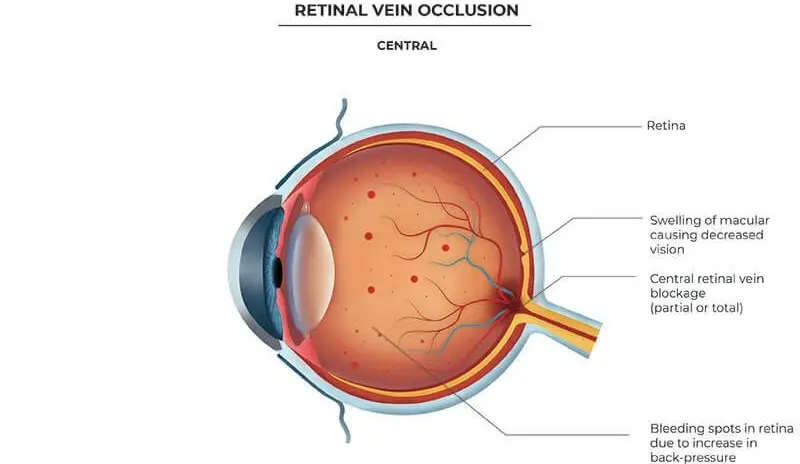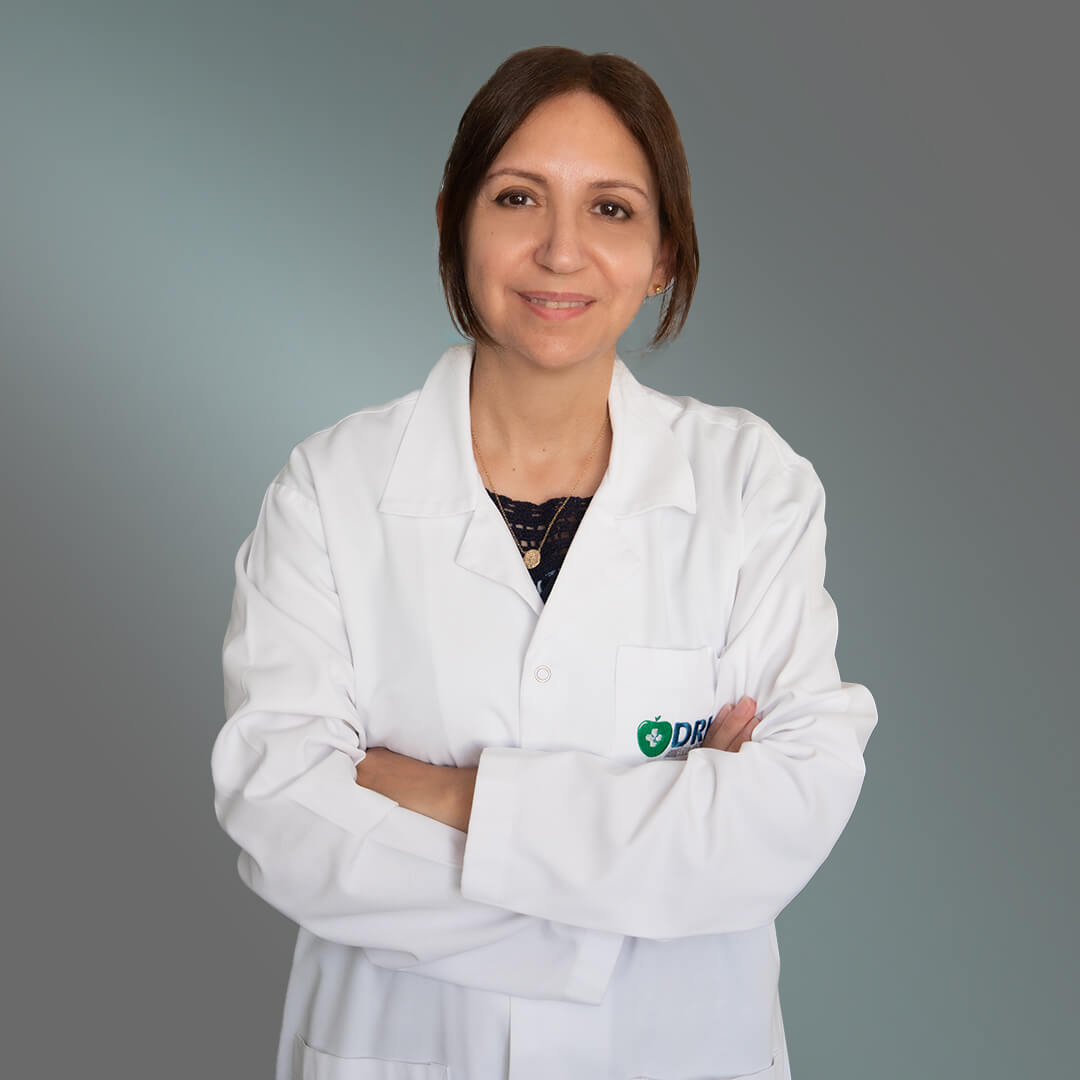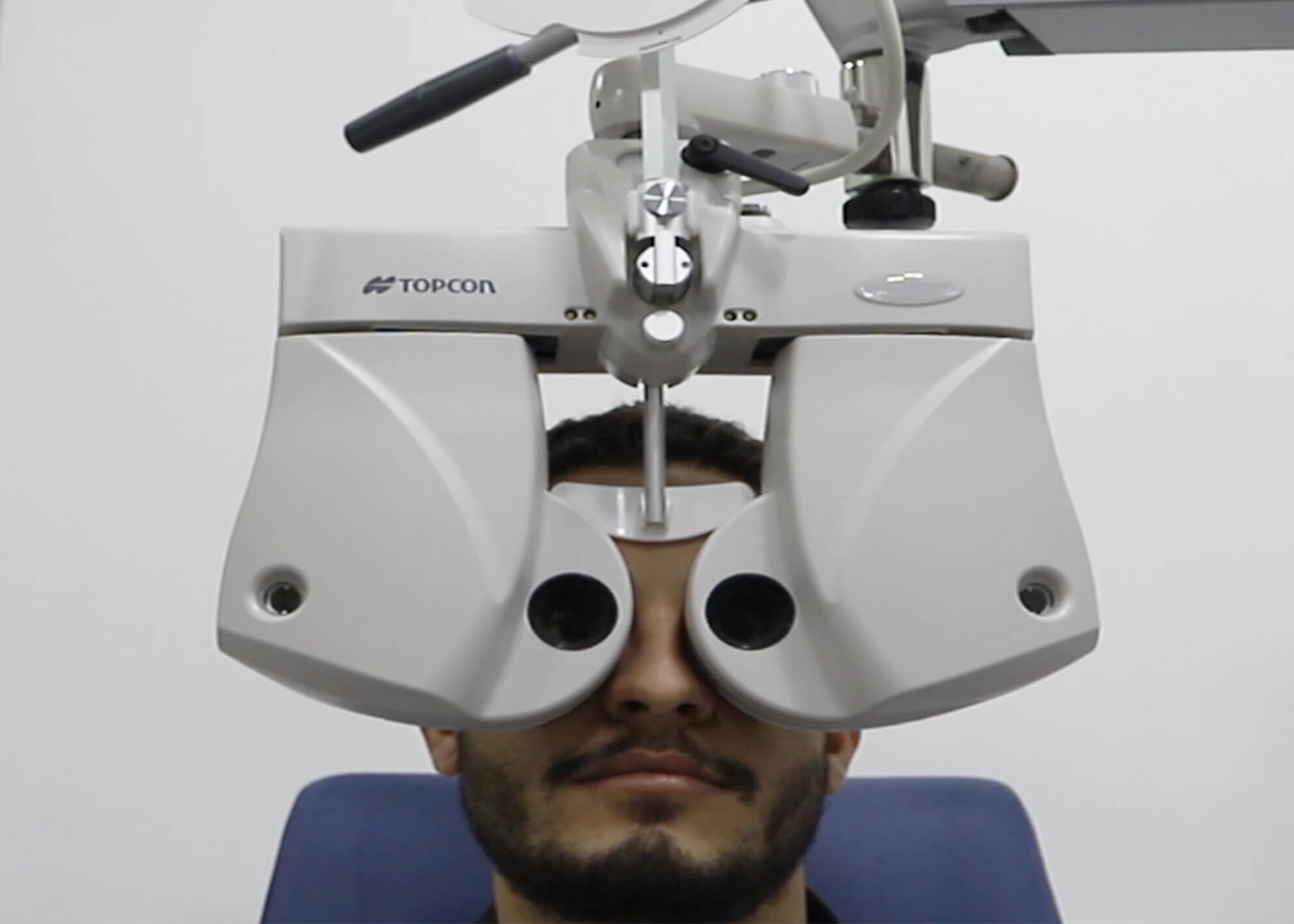Retinal Vein Occlusion at Eye Clinic DRHC Dubai
What is Retinal Vein Occlusion?
Retinal Vein Occlusion (RVO) is a serious eye condition that occurs when one of the veins carrying blood away from the retina becomes blocked or occluded. This blockage leads to a buildup of pressure in the blood vessels, causing blood and fluid to leak into the retina, which can result in swelling, reduced oxygen supply, and potential vision loss. RVO is a leading cause of blindness and visual impairment, particularly in older adults.
Types of Retinal Vein Occlusion
There are two main types of Retinal Vein Occlusion:
- Central Retinal Vein Occlusion (CRVO)
- Occurs when the main vein draining blood from the retina (the central retinal vein) becomes blocked.
- Can lead to severe and widespread retinal damage, significantly affecting vision.
- Branch Retinal Vein Occlusion (BRVO)
- Occurs when one of the smaller branches of the retinal vein becomes blocked.
- Typically affects a smaller area of the retina and may result in less severe vision loss compared to CRVO.
Causes and Risk Factors
Several factors can increase the risk of developing RVO, including:
- High Blood Pressure: A major risk factor that can damage blood vessels over time.
- Diabetes: Increases the likelihood of blood vessel damage and occlusion.
- Glaucoma: Elevated eye pressure can contribute to vein occlusion.
- High Cholesterol: This can lead to the buildup of fatty deposits in blood vessels.
- Smoking: Damages blood vessels and increases the risk of occlusion.
- Age: RVO is more common in individuals over the age of 50.
- Cardiovascular Disease: A history of heart disease or stroke can increase the risk.
Symptoms of Retinal Vein Occlusion
Symptoms of RVO can vary depending on the severity of the blockage but may include:
- Sudden Vision Loss: Partial or complete loss of vision in one eye.
- Blurred or Distorted Vision: Vision may become blurry or wavy, particularly in the central field.
- Floaters: Small spots or lines that float across the field of vision.
- Pain or Pressure: Although rare, some patients may experience eye pain or pressure.
Diagnosis of Retinal Vein Occlusion
At DRHC Dubai, we use advanced diagnostic techniques to accurately identify and assess RVO:
- Dilated Eye Examination: Allows for a detailed view of the retina and blood vessels.
- Fluorescein Angiography: Involves injecting a special dye into the bloodstream to highlight the blood vessels in the retina.
- Optical Coherence Tomography (OCT): Provides high-resolution images of the retina to detect swelling and fluid buildup.
- Blood Tests: To identify underlying health conditions such as high cholesterol or diabetes that may contribute to RVO.
Treatment Option for Retinal Vein Occlusion
Early diagnosis and treatment are crucial to preserving vision and preventing further damage. At DRHC Dubai, we offer a range of advanced treatment options tailored to the individual needs of our patients:
- Intravitreal Injections
- Anti-VEGF Therapy: Injections of anti-vascular endothelial growth factor (Anti-VEGF) medications help reduce swelling and prevent the growth of abnormal blood vessels in the retina.
- Corticosteroids: Injections of corticosteroids can reduce inflammation and swelling in the retina.
- Laser Therapy
- Focal Laser Treatment: Targets specific areas of the retina to seal leaking blood vessels and reduce swelling.
- Panretinal Photocoagulation (PRP): Used in more severe cases, this treatment involves applying laser spots across the retina to prevent the growth of abnormal blood vessels.
- Surgical Options
- Vitrectomy: In some cases, vitrectomy surgery may be necessary to remove blood or scar tissue from the eye, particularly if there is significant vitreous hemorrhage (bleeding into the eye).
- Retinal Vein Bypass Surgery: An advanced surgical technique that creates a new pathway for blood flow around the blocked vein.
Managing Underlying Health Conditions
Because RVO is often associated with systemic health issues such as hypertension, diabetes, and high cholesterol, managing these underlying conditions is crucial. At DRHC Dubai, we offer comprehensive care that includes:
- Cardiovascular Assessment: Evaluating and managing risk factors like high blood pressure and high cholesterol.
- Diabetes Management: Monitoring and controlling blood sugar levels to reduce the risk of complications.
- Lifestyle Counselling: Guiding smoking cessation, diet, and exercise to improve overall health and reduce the risk of RVO.
Why Choose DRHC Dubai for Retinal Vein Occlusion Treatment?
At DRHC Dubai, we combine state-of-the-art technology with personalized care to provide the highest standard of treatment for retinal vein occlusion. Our team of experienced ophthalmologists is dedicated to preserving and restoring your vision through innovative therapies and compassionate care.
.png?width=281&height=59&name=bookanappointment%20(1).png)
At Dr. Rami Hamed Center, our Ophthalmology department is dedicated to safeguarding your vision health through expert eye care Professionals, Renowned as one of the best eye care clinics in Dubai our Ophthalmology Specialists provide services for Cataract and Retina treatment with Laser and Refractive surgeries.




.png?width=281&height=59&name=bookanappointment%20(1).png)






